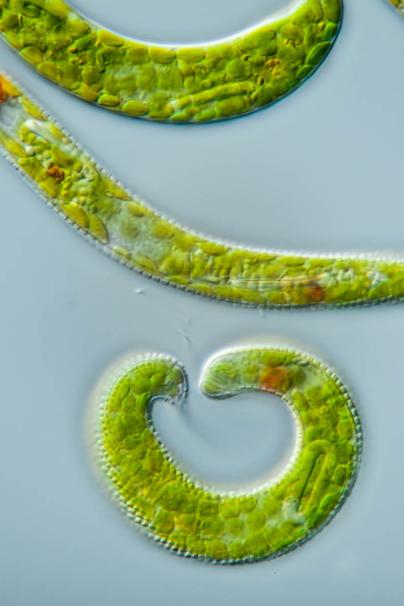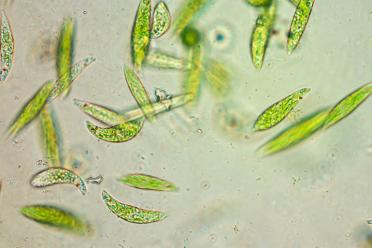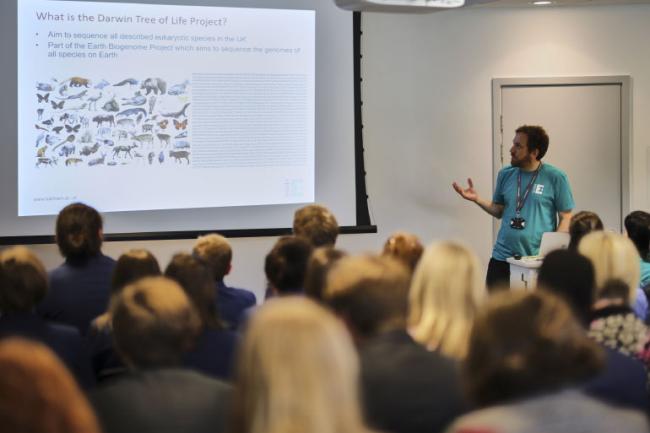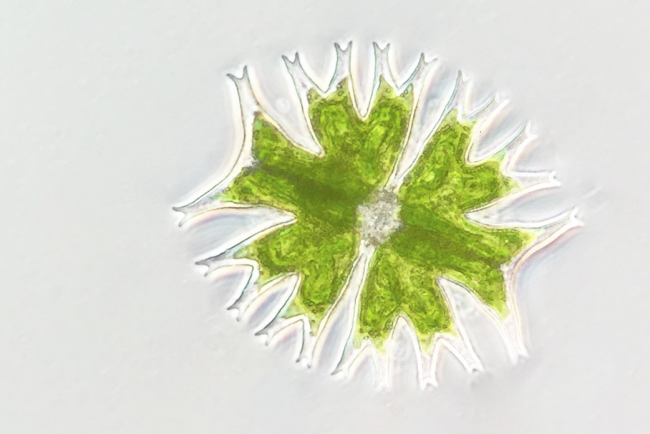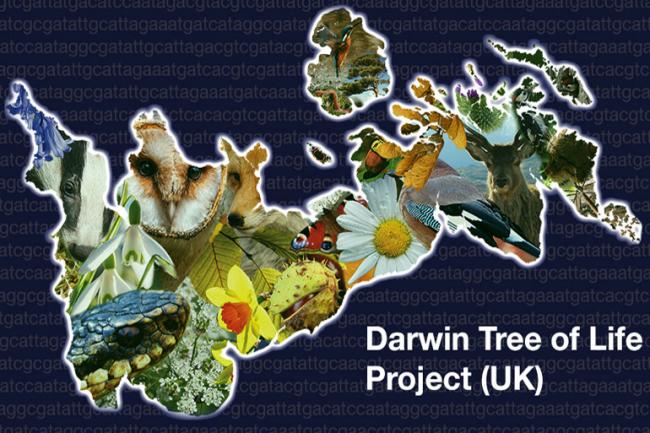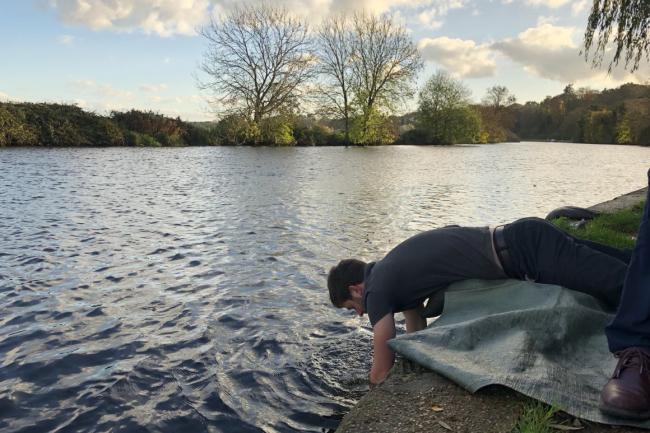When we speak of protists, it’s often in the same breath as the word parasites.
“That’s the story you find throughout the history of what we’ve discovered and when,” says Dr Ross Low, a postdoctoral scientist working in the Neil Hall Group.
“The things that cause human disease, generally speaking, have been very well studied - including protists.”
Low works on several parasites which cause a variety of chronic and deadly conditions, from African sleeping sickness in people to frounce in birds. Like the malaria parasite, they have some remarkable adaptations to a life infecting an animal host.
“Trypanosomes, for example, have a really interesting method for escaping the immune system,” says Low, who has been investigating the novel genomics of these persistent parasites.
“The outside of the cell is covered with a protective coat, which hides all of the proteins the immune system would normally target. Every time the immune system mounts a defence to this coat, it’ll change the coat. So you can have these persistent infections which can last 60 plus years - potentially the entire lifetime of the host.”
In fact, protists harbour a range of exotic strategies to trick their animal hosts.
The malaria parasite, as well as employing a similarly devious cloaking tactic as trypanosomes, also appears to induce fevers in people as a mechanism to produce more sweat. As the malaria-transmitting mosquitoes are attracted to human sweat, this increases the chance of a mosquito being able to pass on the parasite to the next person.
Toxoplasma gondii, a parasite of cats, employs a particularly wild strategy of mental manipulation.
“It’s not an unusual concept that parasites often change the behavior of their hosts or somehow help the parasite to be passed on,” says Professor Hall. “The story goes that Toxoplasma gondii has a primary host, which is a cat, but it’s excreted in the faeces of the cat, to then be taken up by other organisms in the environment including rodents.
“It’s thought that it makes a mouse or a rat less risk averse, and therefore more likely to be eaten by a cat, so that the parasite can complete its life cycle.”
This mind-controlling parasite doesn’t just play with cat and mouse. Terrifyingly, it’s estimated that a third of the global human population have been infected, although any affect on behaviour or risk-taking is so far unknown.
